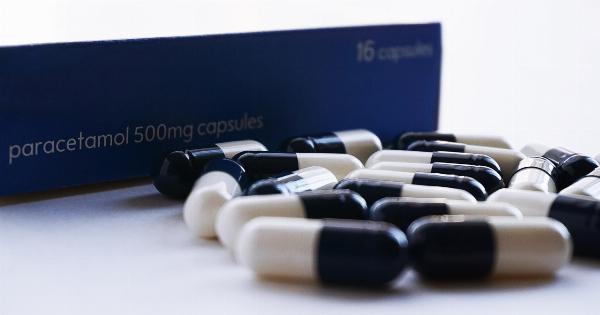Innovative drugs have significantly revolutionized the treatment landscape for multiple sclerosis (MS), providing patients with new and improved therapeutic options.
MS is a chronic autoimmune disease that affects the central nervous system, causing inflammation and damage to the myelin sheath surrounding nerve fibers. This results in a wide range of symptoms, including fatigue, difficulty walking, numbness or tingling, muscle weakness, and cognitive impairment.
Understanding Multiple Sclerosis
To comprehend the advantages of innovative drugs in treating MS, it is crucial to have a basic understanding of the disease.
MS is classified into various subtypes, including relapsing-remitting MS (RRMS), secondary-progressive MS (SPMS), primary-progressive MS (PPMS), and progressive-relapsing MS (PRMS). RRMS is the most common form, characterized by periods of relapse (worsening symptoms) followed by periods of remission (partial or complete recovery).
The Challenges of Traditional MS Treatments
Traditional treatments for MS include disease-modifying therapies (DMTs), which aim to reduce the frequency and severity of relapses, delays the progression of the disease, and manages symptoms.
However, these treatments are not always effective for all patients and may have limitations in terms of side effects and long-term outcomes. Innovative drugs have emerged as an alternative, addressing these challenges and providing improved therapeutic benefits for MS patients.
Advantages of Innovative Drugs
1. Enhanced Efficacy: Innovative drugs are designed to specifically target the underlying mechanisms of MS, resulting in improved overall treatment efficacy.
These drugs often work by modulating the immune system, reducing inflammation, and protecting nerve fibers from damage.
2. Reduced Relapse Rates: Innovative drugs have shown significant success in reducing the frequency of relapses in patients with RRMS.
This not only leads to better symptom management but can also delay the progression of the disease and improve long-term outcomes.
3. Improved Quality of Life: By effectively managing symptoms and reducing relapse rates, innovative drugs can greatly enhance the quality of life for MS patients.
This allows individuals to engage in daily activities more comfortably and maintain their independence.
4. Delayed Disability Progression: Studies have shown that innovative drugs can slow down the progression of disability in MS patients.
By protecting nerve fibers and reducing inflammation, these drugs help preserve neurological function and delay the onset of physical disabilities.
5. Optimal Treatment Tailoring: Innovative drugs offer a more individualized approach to treatment, considering various factors such as subtype of MS, disease severity, and patient-specific characteristics.
This personalized approach allows for targeted therapy and optimized treatment outcomes.
6. Improved Safety Profile: While traditional MS treatments sometimes come with significant side effects, innovative drugs have shown improved safety profiles.
These drugs are often subject to rigorous clinical trials and must meet stringent regulatory standards, ensuring they are well-tolerated and safe for use.
7. Convenience and Compliance: Many innovative drugs have convenient dosing schedules, requiring fewer injections or infusions compared to traditional treatments.
This improves treatment compliance and reduces the burden on patients, resulting in better treatment outcomes.
Examples of Innovative Drugs for MS
1. Ocrelizumab (Ocrevus): Approved by the FDA in 2017, Ocrevus is a monoclonal antibody that targets specific B-cells in the immune system, reducing inflammation and nerve damage. It is effective for both RRMS and PPMS.
2. Natalizumab (Tysabri): Natalizumab is a monoclonal antibody that blocks immune cells from entering the central nervous system, preventing further damage. It is approved for use in patients with RRMS.
3. Fingolimod (Gilenya): Fingolimod is an oral medication that modulates the immune system, reducing relapse rates and slowing disability progression. It is indicated for the treatment of RRMS.
4. Alemtuzumab (Lemtrada): Alemtuzumab is a monoclonal antibody that targets and depletes specific immune cells, resetting the immune system. It is used to treat RRMS.
5. Dimethyl Fumarate (Tecfidera): Tecfidera is an oral medication that reduces inflammation and relapse rates in patients with RRMS. It has been widely used since its approval in 2013.
Conclusion
Innovative drugs have revolutionized the treatment landscape for MS, providing patients with enhanced efficacy, reduced relapse rates, improved quality of life, delayed disability progression, and a more individualized treatment approach.
These drugs offer improved safety profiles, convenience, and compliance, making them a vital component in managing MS effectively. With ongoing advancements in research and development, the future holds even greater promise for innovative MS treatments.































